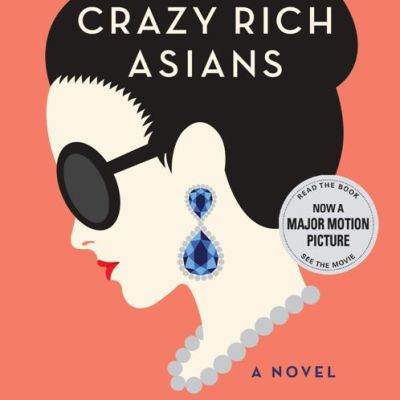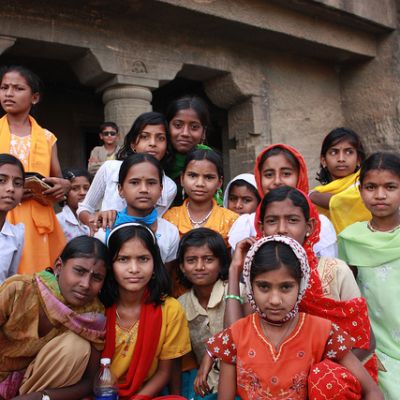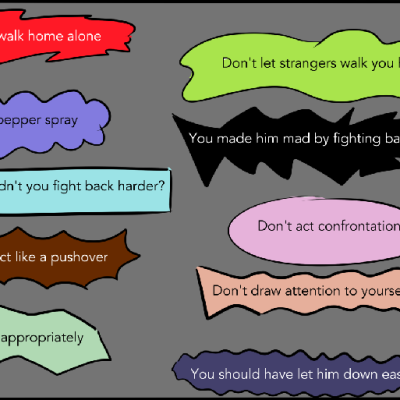Categories
The Indian family is changing. There’s no ‘ideal family’ defined by children or lineage. It comes in different shapes and sizes.
India is one of the largest consumers of porn in the world, so much so that Pornhub created a mirror site following Indian government’s ban. Definitely, not all viewers of porn end up committing sexual crimes.
This is Part Two of a ‘public interview’ that TARSHI conducted last month, where our attempt was to collate people’s thoughts, notions, and experiences surrounding the choices they make, and the choices that are accessible to them, with regards to their sexuality.
While we moved one step forward towards sexual rights by striking down Article 377 of the Indian Penal Code (IPC) and decriminalising homosexuality, we still have a long way to go in changing and challenging the popular psyche and the political and legal narratives around homosexuality and queer families.
For this March issue, we decided to interview many people, not just one, and over 350 people responded! Here are the results of a ‘public interview’ that took the form of a survey, and two polls with two questions each, on Facebook and Instagram.
Kwan’s ‘Crazy Rich Asians’ does not just highlight the lifestyle of the segment of Singaporean society that is unimaginable and unattainable to most people, it amplifies that heterosexuality is often not a choice.
Sometimes, life may surprise us with a second chance, a second turn at making the right choice, and sometimes it may not.
My mother and I have both made certain choices, sometimes inconvenient for me, sometimes difficult for her, but those choices have revealed to me the strength of our relationship and alternative possibilities that she and I can imagine together.
Choices in the sexual area should remain personal while maintaining the dignity and the rights of all people who must be able to make fully informed choices in this area. It is the duty of the state to provide the education and information to its people in this area but not intrude into their personal choices.
Consent, however, is not so straightforward in the digital world. With instances where data can be hacked into, and with deep fake technologies making it more difficult to distinguish between what is real and what is fake, we have a situation where it is difficult to completely anticipate the kinds of risks involved, and the ways in which sexually explicit material is used.
मनुष्यों के बीच के किसी भी तरह के आपसी सम्बन्धों में सहमति का होना, इन सम्बन्धों की मज़बूत नींव की तरह होना चाहिए। हमारे समाज में हम इस ‘सहमति’ देने या ‘ना’ कह पाने के अधिकार पर प्रतिक्रिया के रूप में नयी तरह की हिंसा को देख पा रहे हैं। अधिकारों को प्रयोग करने की इस प्रक्रिया को केवल किसी व्यक्ति द्वारा अपने अधिकारों के प्रयोग के रूप में न देखकर इसे सभी के लिए सामूहिक रूप से किए जा रहे अधिकारों के प्रयोग के रूप में देखा और समझा जाना चाहिए।
Choices about life, relationships and desires are all defined based on socio-economic background, caste, class, gender and sexuality. When these young girls found a comfortable and safe space, they openly talked about their desires and experiences and how they negotiated their existing environments in order to pursue their desires.
First dates can be a source of both excitement and anxiety – the possibility of finding a connection someone new is endlessly exhilarating, but the uncertainty around what to expect can be unnerving
In our mid-month issue, Rahul Sen writes of the impossibility of intimacy, of the gnawing pain and underlying cruelties it may unsheathe and how it is at best an illusion while Pavel reminds us of how, in our search for intimacy, we keep bits and parts of our lost loves and they keep parts of us, and how through being loved by them we learn also to love ourselves.
Every match that came my way, every person I spoke to, every time someone pointed to the word “asexual” in my bio – it was all an exercise in acceptance, compassion, and empathy. People were asking questions because they wanted to know how best to interact with me, how to respect my boundaries, how to to get over their own misgivings about ‘my kind’.














